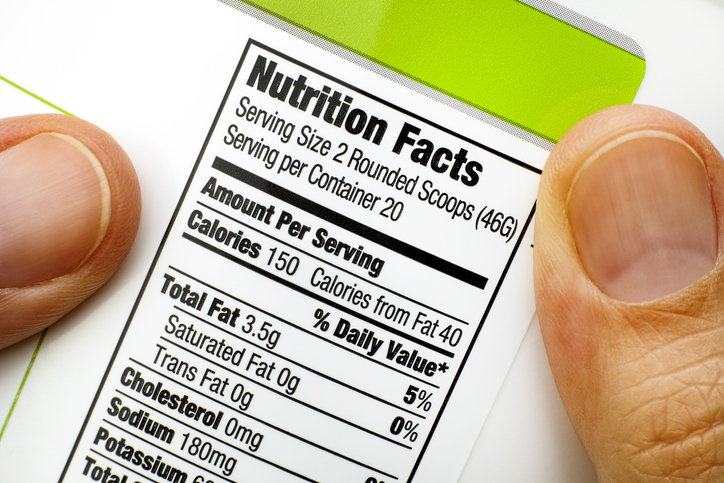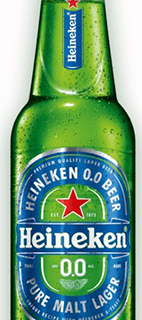We hear a lot about how many calories you need to eat for weight loss — but what about calories to maintain weight once you hit your goal?
The exact answer depends on a variety of factors, so we’ve put together some general guidelines to help you calculate how many calories you need to maintain your current weight.
How Many Calories You Need to Maintain Weight

If you want to maintain your weight, you have to balance your calorie intake with the calories you expend. This concept is known as “calories in, calories out.”
According to the Dietary Guidelines for Americans, the average sedentary man between ages 21 and 50 needs between 2,200 and 2,400 calories per day. The average sedentary woman in the same age range needs between 1,800 and 2,000 calories per day.
However, “there is no one-size-fits-all for nutrition recommendations,” says Dana Angelo White, RD, ATC. Exact recommendations for calories to maintain weight depend on several factors:
- Sex (men generally need more calories than women)
- Age (growing kids and teens may need more calories than adults)
- Physical activity level (the more calories you burn during exercise, the more calories you need to consume)
- Body composition (muscle is more metabolically active than fat)
- Injury or illness (your body generally needs more energy to recover)
- Medications (certain medications may speed up or slow down metabolism)
- Genetics (some people simply burn more calories than others)
- Significant weight loss or gain (changes in weight can affect metabolism)
What’s more, your calorie expenditure will inevitably change over your lifetime. “As you age, change physical activity status, or gain or lose lean body mass, your body will make adjustments,” White says.
For that reason, you have to get personal. A registered dietitian is the ideal resource to help you figure out your basal metabolic rate (BMR) — how many calories your body needs to function at rest — and how many additional calories you’ll need to support your activity levels and body composition, according to White.
If you can’t work with a dietitian, online calorie calculators are the next best thing.
3 Maintenance Calorie Calculators to Try
![]()
If you’re not sure how many calories you need to maintain your weight, online calculators can offer a good starting point.
- The Mayo Clinic Calorie Calculator uses your age, height, current weight, and sex to estimate how many calories you’ll need to maintain your weight.
- The US Department of Agriculture (USDA) offers an online calculator that can be used to estimate your daily calorie needs and recommended intake of each macronutrient and various micronutrients, like vitamins and minerals.
- Cornell University’s Basal Energy Expenditure Calculator uses an equation based on sex, height, age, weight, and stress factors to estimate your BMR. However, it doesn’t factor in activity levels the way the calculators from Mayo Clinic and USDA do.
However, keep in mind, the recommendations from these calculators can vary widely — even when you’re using the same exact stats. And “adjustments will need to be made based on your individual factors,” White says.
For example, if you regularly exercise intensely, you may need to increase your calorie count to get out of that calorie deficit. If you notice you’ve unintentionally gained a few pounds, you may want to reduce your intake.
Bottom line? While online calculators are readily available and can give you a ballpark figure, the best way to determine your ideal number of calories to maintain weight is by speaking to a registered dietitian.
What Are Calories?

Calories are a measure of energy. The calories you get from food and beverages — in the form of carbohydrates, fats, and proteins — are what fuel your body whether you’re running, lifting, or just sitting still. Your body needs energy just to keep your organs and internal processes humming along.




